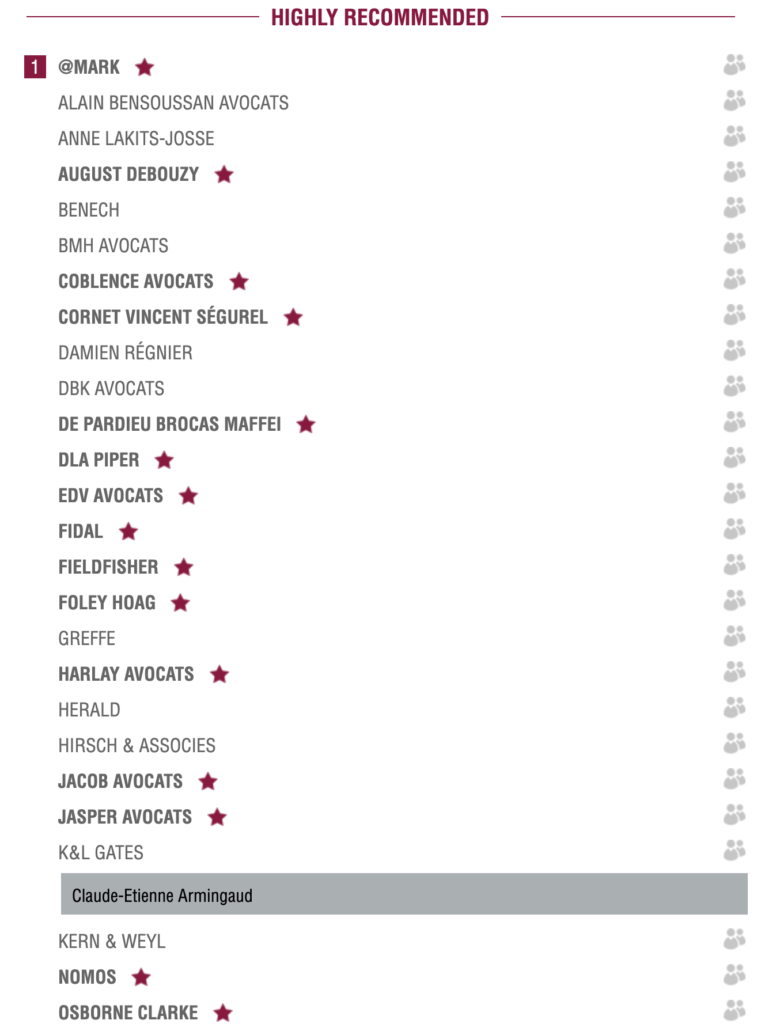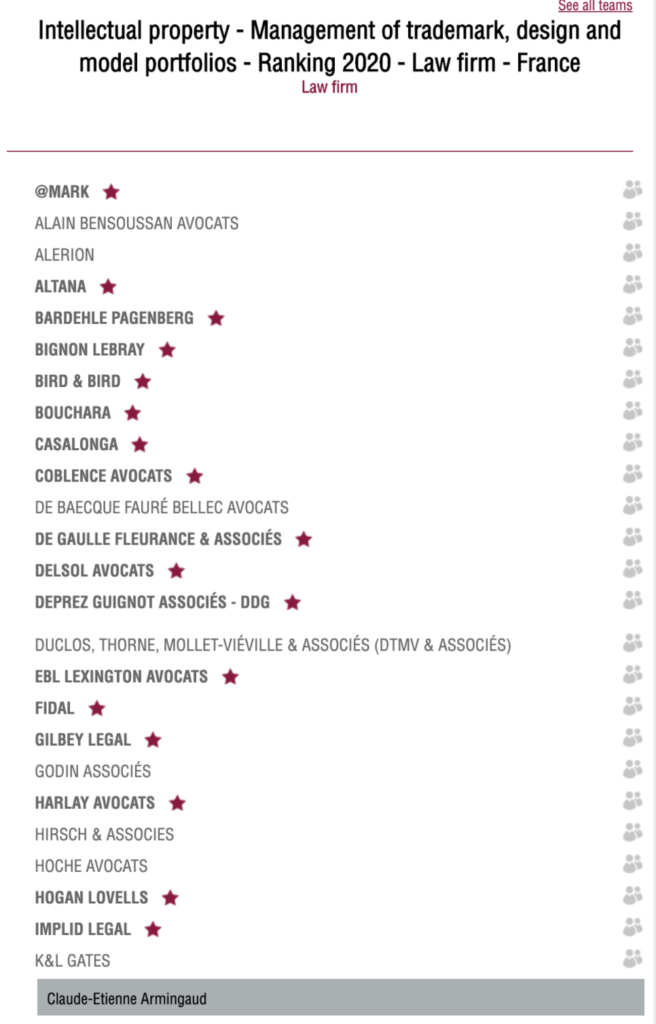As stated in a previous article published in the Trademark and Unfair Competition Bulletin, the Act no. 2014–344 on consumer protection, named “Hamon Act” and dated March 17, 2014, created a new industrial property right: the “Geographical Indications protecting Industrial Products and Crafts” (or “Indications Géographiques protégeant les Produits Industriels et Artisanaux”, hereinater, “IGPIA”) in order to include industrial and handicraft products in the scope of the protection of geographical indications.
In the same article, the authors highlighted the fact that prior to the implementation of the aforementioned provision, there was a lack of protection since a third party could use the name of a famous place or city and register it as a trademark to misleadingly sell handicraft products under that name.
Introduction to the Laguiole case
A famous example was the “Laguiole cutlery” case where a third party, among others, was using the famous French city name of “Laguiole” as a trademark to flood the market with knives made in China under that brand. Following the scandal that ensued, the Laguiole municipality launched an action against several companies and legal persons that had registered 27 trademarks in total, on the ground that such use of “Laguiole” was deceptive.
Indeed, the trademark “Laguiole” had been filled in almost all trademarks’ classes and therefore the Laguiole municipality was prevented from using such trademark for its own activities, and in particular for its renowned cheese and cutlery.
After a first instance ruling, the Paris Court of Appeal rejected the Laguiole municipality’s action in 2014 which was subsequently presented to the French Supreme Court (“Cour de cassation”).
The Cour de cassation ruling
By a ruling dated 4 October 2016, the Cour de cassation overturned parts of the ruling of the Court of Appeal and welcomed the argumentation of the Laguiole municipality.
Indeed, the Cour de cassation considered that the use of the “Laguiole” trademark by the defendants was misleading and confusing to consumers since the products sold under that trademark were not manufactured in such place.
In addition to such argument based on consumer protection laws, several arguments grounded on trademark law were also favorably received by the Cour de cassation. However, as such Court only has jurisdiction over legal qualification but not on facts, the end of this saga will be written by the Court of Appeal to which the case has been remanded to for the final ruling.
This Court of Appeal will hopefully close the ongoing debate. However, such Court of Appeal may also side with the initial Court of Appeal ruling. In such a case, the Cour de cassation may have to hear the case again.
Nevertheless, such litigation intervenes in a context where IGPIA have effectively become protected. Even if Laguiole was not among the five applications filed for IGPIA in France (out of which only one has been granted so far), the broad power given to geographical indications with the adoption of the European Regulation No 2015/2424 amending the Community Trade Mark Regulation and the European Directive No 2015/2436 approximating the laws of the Member States relating to trade marks may have an impact on players’ practices.
Indeed, according to these Regulations, the national right granted on geographical indications through IGPIA or otherwise conferred by the courts, may materialize a ground for refusal for not only trademarks applications but also European trademarks. There is thus a strong incentive to seek this protection by any means necessary.
In collaboration with Clémence Marolla.
First publication in the K&L Gates Trademarks & Unfair Competition Bulletin, 1/2017 – Avril 2017



